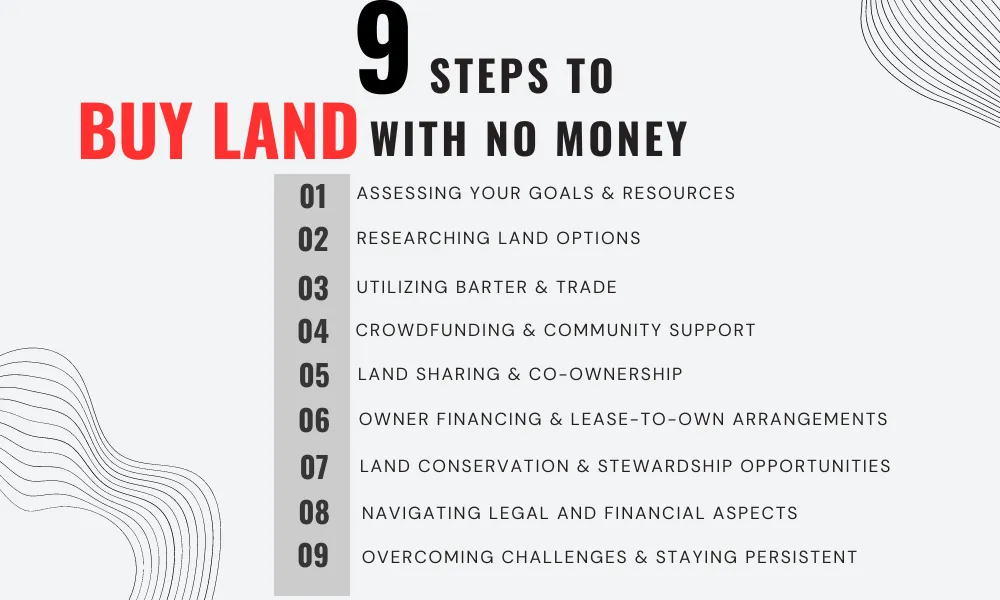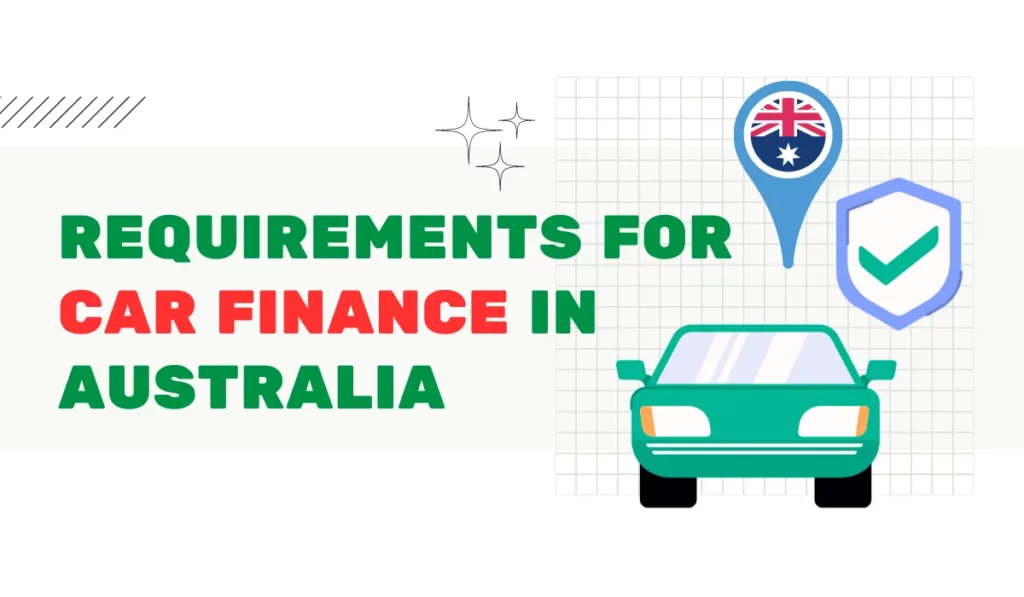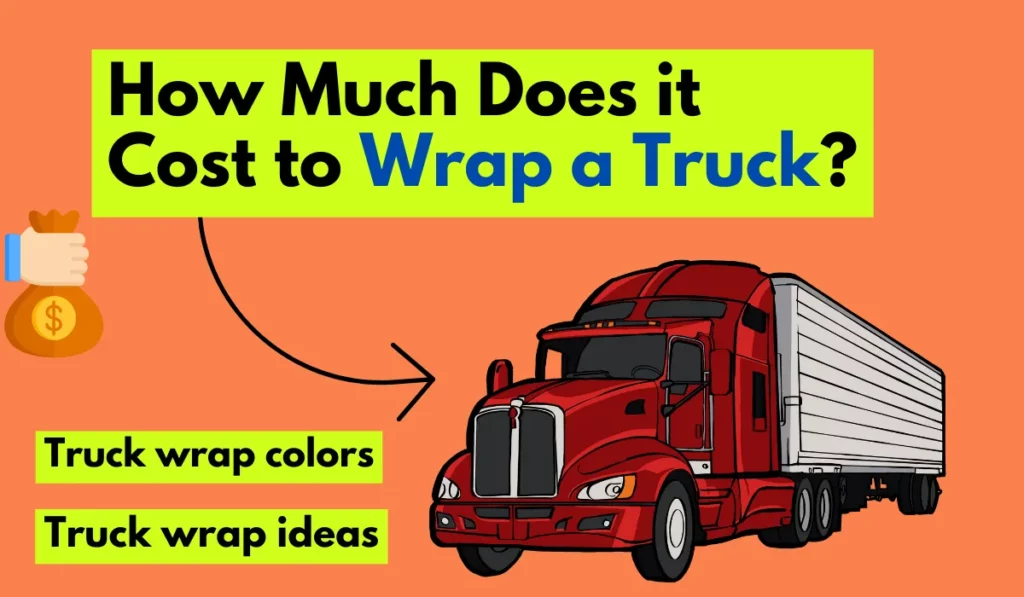Owning a piece of land is a dream shared by many, but the idea of buying land with no money may seem like an impossible fantasy.
But it’s essential to eliminate the myth that only people with substantial financial means are eligible for property ownership.
In this blog by ProcuRian, we will explore how to buy land with no money in 2023 to help you achieve your dream of acquiring land with little or no money down.

Step 1: Assessing Your Goals & Resources
Before embarking on your journey to acquire land, take some time to clarify your goals.
- What type of land are you looking for?
- Are you interested in agricultural land, residential property or a remote piece of wilderness?
Defining your objectives will help you focus your efforts and tailor your approach accordingly.
While you may not have substantial financial resources, it’s crucial to identify your strengths and assets.
- Do you possess any unique skills or expertise that could be valuable to potential land sellers?
- Are you part of a supportive community that could rally behind your cause
Understanding your resources will help you leverage them effectively.
Acquiring land with no money is undoubtedly challenging and it’s essential to acknowledge potential obstacles.
Consider factors like your credit history, existing debts or lack of experience in real estate transactions. Being aware of these limitations will allow you to strategize accordingly.
Step 2: Researching Land Options
Many governments offer various land initiatives, grants and subsidies to promote land access for aspiring owners.
Research local and national programs that may provide opportunities to secure land at little to no cost.
Building a strong network can significantly enhance your chances of finding opportunities to acquire land with no money.
Attend community events, connect with local landowners and join online forums to expand your circle and discover potential partnerships.
Some landowners may be open to non-conventional deals, especially if they face financial constraints or are eager to divest their property.
Scour local classifieds, social media groups and property listings to find sellers who might be open to creative arrangements.
Also See: How to Make Money from your Land?
Step 3: Utilizing Barter & Trade
Effective negotiation skills can be invaluable when trying to secure land without money.
Approach potential sellers with a win-win mindset, highlighting the benefits they can gain from non-cash arrangements.
If you have specific skills that could benefit landowners, offer your services in exchange for access to the land.
For example, if you’re a skilled carpenter, you could build or renovate structures on the property in return for part ownership.
Consider what personal assets you possess that could be traded for land.
Do you have unused equipment, valuable collectibles or even another property that you could offer as part of a deal?
Step 4: Crowdfunding & Community Support
Crowdfunding platforms have revolutionized the way people fund their projects.
Utilize platforms designed for land acquisition or even create a compelling campaign to garner support from friends, family and strangers who believe in your dream.
Joining or starting a community land trust can be a powerful way to pool resources with like-minded individuals.
These trusts collectively own and manage land for the benefit of the community.
Reach out to non-profit organizations and advocacy groups with an interest in land access.
Some of these organizations might be willing to support your cause or connect you with potential opportunities.
Also See: How to Raise Money for a Business without a Loan?
Step 5. Land Sharing & Co-Ownership
Collaborate with others who share the same goal of acquiring land.
By combining resources, you can collectively buy a property that none of you could afford individually.
Ensure clear and legally binding agreements when entering shared ownership arrangements.
Define responsibilities, decision-making processes and exit strategies to avoid conflicts in the future.
Consider creating or joining a co-housing community where multiple individuals or families share common spaces and costs while owning separate living spaces.
Step 6: Owner Financing & Lease-to-Own Arrangements
In some cases, landowners may be willing to offer financing, allowing you to make payments over time instead of requiring an upfront lump sum.
Approach landowners with lease-to-own proposals, where you pay rent for a specified period with the option to buy the land at a predetermined price in the future.
If the land you’re interested in already has an existing mortgage, explore the possibility of assuming the mortgage, taking over the current owner’s payments and eventually owning the land outright.
Step 7: Land Conservation & Stewardship Opportunities
Explore opportunities to participate in conservation easements, where landowners agree to limit certain development rights in exchange for tax benefits or financial compensation.
Some organizations offer land access in exchange for volunteer work.
By contributing your time and effort to conservation or stewardship projects, you may gain access to land without any monetary investment.
Joining conservation organizations can provide you with valuable connections and insights into potential land opportunities for those committed to conservation efforts.
Step 8: Navigating Legal and Financial Aspects
Acquiring land involves legal complexities, especially when unconventional arrangements are involved.
It’s essential to consult with a qualified attorney to ensure all agreements are legally binding and protect your interests.
Before finalizing any deal, thoroughly research the property’s title to ensure there are no liens or legal issues that could hinder your ownership in the future.
Acquiring land comes with ongoing expenses such as
- property taxes,
- maintenance costs,
- potential development expenses.
Be prepared for these financial commitments before proceeding.
Step 9: Overcoming Challenges & Staying Persistent
Be prepared to face rejection as you explore various avenues to acquire land. Embrace setbacks as opportunities to learn and improve your approach.
Acquiring land with no money is likely to take time and effort. Stay patient and persistent in your pursuit, knowing that achieving your dream is a journey.
Celebrate small successes along the way and stay focused on your vision. Surround yourself with supportive individuals who encourage you to keep pushing forward.
Land Loan Calculator
What are 100 Percent Financing Land Loans?
100 percent financing land loans are loans that cover the full cost of the land purchase without requiring the borrower to make a down payment.
Eligibility Requirements – Lenders offering 100 percent financing land loans often have strict eligibility criteria. These may include a strong credit score, stable income and a demonstrated ability to repay the loan.
| Pros | Cons |
|---|---|
| No Down Payment | Higher Interest Rates |
| Quick Acquisition | Stricter Approval Process |
| Potential Investment Opportunities | Limited Availability |
Banks that offer Land Loans
| Bank Name | Loan Type | Loan Terms | Down Payment Requirements | Interest Rates (APR) | Eligibility Criteria |
|---|---|---|---|---|---|
| Old National Bank | Land Purchase Loan | Up to 30 years | Varies based on loan program | Competitive rates | Good credit score, stable income, property appraisal |
| WaFd Bank | Vacant Land Loan | Up to 15 years | 20% – 30% of land value | Attractive rates | Strong credit, debt-to-income ratio |
| Atlantic Union Bank | Raw Land Loan | Up to 10 years | 30% – 40% of land value | Competitive interest rates | Solid credit history, property valuation |
| Clear Mountain Bank | Agricultural Land Loan | Up to 30 years | 10% – 20% of land value | Low fixed or variable rates | Agricultural experience, financial stability |
| Alpine Bank | Land Development Loan | Up to 20 years | 15% – 25% of development cost | Attractive interest rates | Detailed project plan, collateral assets |
| California Bank & Trust | Coastal Land Loan | Up to 25 years | 20% – 30% of land value | Competitive rates | Property location, creditworthiness |
| Banner Bank | Recreational Land Loan | Up to 20 years | 25% – 35% of land value | Fixed or adjustable rates | Credit history, property assessment |
Does owning land make you money?
Owning land can potentially make you money through various means:
- Appreciation – Land values may increase over time, leading to capital appreciation and higher resale value.
- Agricultural Income – Utilizing the land for farming or leasing it to farmers can generate agricultural income.
- Rental Income – Leasing the land for commercial, residential or recreational purposes can provide regular rental income.
- Development Opportunities – If the land is suitable for development, selling it to developers can be lucrative.
- Natural Resources – Land with valuable natural resources, such as minerals or timber, can yield substantial profits.
- Tax Benefits – Land ownership may offer tax deductions or incentives, reducing overall tax liability.
- Business Ventures – Land can serve as a location for various businesses, generating additional income streams.
Is it smart to buy land and build later?
Yes, buying land and building later can be a smart decision for several reasons.
It allows you to secure a desirable location before it appreciates in value and gives you time to plan and save for construction costs.
Moreover, delaying construction provides an opportunity to assess the local real estate market and adjust your building plans accordingly.
Additionally, you can avoid immediate construction debt and focus on the land’s investment potential.
What are the cons of buying land?
The cons of buying land are:
- High upfront costs – Purchasing land often requires a significant upfront investment, including down payment, closing costs and appraisal fees.
- Limited income generation – Unlike developed properties, land generates little to no income, making it primarily a long-term investment.
- Zoning restrictions – Land may have zoning limitations, restricting its use for certain purposes.
- Maintenance costs – Owners bear ongoing expenses for land upkeep, property taxes, and potential liability concerns.
Is it better to own land or a house?
Owning land offers investment potential and flexibility for future development, while a house provides immediate shelter and potential for home equity.
It ultimately comes down to personal preferences and long-term plans.
FAQs
Can I really buy land with no money?
Yes, through creative strategies like bartering, partnerships, owner financingor crowdfunding.
What’s owner financing?
Owner financing involves the seller acting as the lender, allowing you to make payments over time to buy the land.
How does crowdfunding help buy land?
Crowdfunding platforms allow you to raise funds from a crowd of people who support your land acquisition.
Can I get government assistance to buy land?
Yes, some government programs offer grants or subsidies for land acquisition in specific circumstances.
Is land sharing a good option?
Land sharing with others can reduce costs and create a community, but clear agreements are crucial.
Are land conservation programs helpful?
Conservation easements and volunteer programs can provide access to land in exchange for stewardship efforts.
Can I assume a seller’s mortgage?
Yes, assuming a seller’s existing mortgage allows you to take over their payments and own the land.
What if I face rejections during the process?
Stay persistent and learn from setbacks; explore alternative strategies and keep searching for suitable opportunities.
Final Thoughts
While acquiring land with no money is undoubtedly a challenging endeavor, it is far from impossible.
By exploring creative strategies, building connections and staying persistent, you can turn your dream of land ownership into a reality.
Just keep in mind that every step you take will get you one step closer to the day when you will consider yourself a proud landowner.









